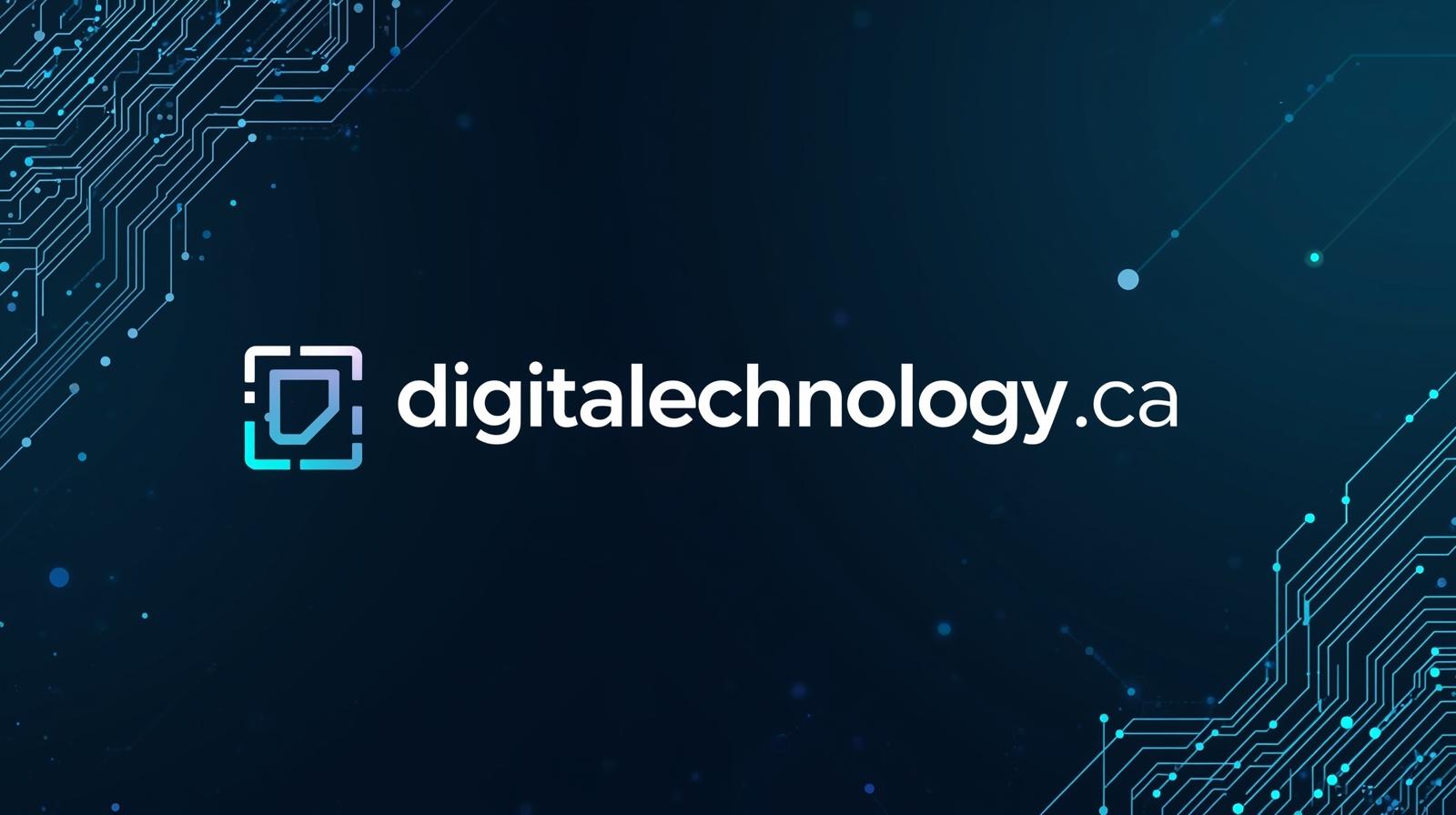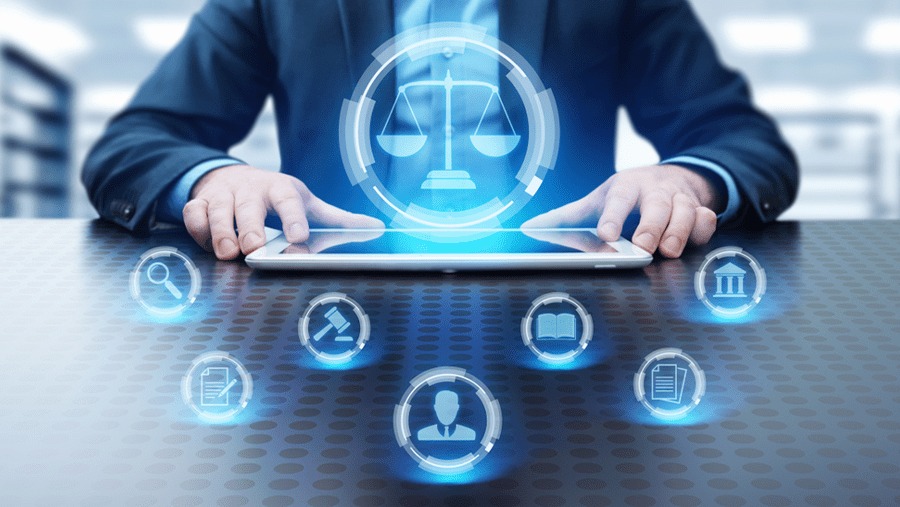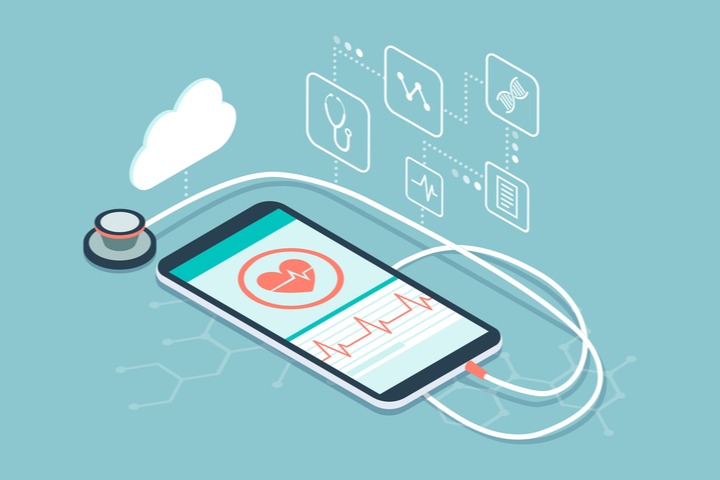In today’s fast-paced world, the fusion of information technology (Info-Tech) and digital technology is transforming the way individuals, businesses, and governments operate. From cloud computing to artificial intelligence and data analytics, Info-Tech is not just a tool but the backbone of the digital revolution. This article explores how Info-Tech shapes the digital world and what it means for the future.
What is Info-Tech?
Info-Tech, short for Information Technology, refers to the use of systems—especially computers and telecommunications—for storing, retrieving, and sending information. It encompasses both hardware (like servers, routers, and computers) and software (applications, operating systems, and data processing tools).
In simpler terms, Info-Tech is the engine that runs the digital ecosystem, allowing businesses to streamline processes, governments to digitize services, and individuals to connect and share instantly.
The Digital Technology Connection
Digital technology is a broader term that includes everything from smartphones and the internet to digital marketing and smart cities. Info-Tech serves as the foundation of these technologies. Whether it’s a mobile app, a smart device, or a digital payment gateway—Info-Tech is the invisible force that powers them.
For instance:
- Digital marketing relies on Info-Tech tools like CRM software, SEO tools, and data analytics platforms.
- E-commerce platforms use Info-Tech to manage inventory, secure transactions, and personalize the user experience.
- Social media algorithms run on massive Info-Tech infrastructures to deliver real-time content to billions of users.
Key Components of Info-Tech
To better understand its role, here are the core components of Info-Tech:
- Hardware – Physical devices such as computers, servers, data centers, and networking equipment.
- Software – Operating systems, productivity tools, applications, and databases that run the hardware.
- Networking – Infrastructure that enables data communication across devices and platforms (like the internet or intranet).
- Data Management – Tools for storing, analyzing, and protecting data.
- Cybersecurity – Measures and tools used to protect information systems from cyber threats.
These components work together to enable digital transformation in nearly every industry.
Why Info-Tech Matters in the Digital Age
The digital age thrives on information—and Info-Tech is how that information is processed, secured, and utilized.
1. Business Transformation
Info-Tech helps companies become more efficient and agile. Cloud solutions, data analytics, and automation tools enable businesses to reduce costs, make better decisions, and improve customer satisfaction.
2. Smart Governance
Governments worldwide are adopting e-Governance systems that rely on Info-Tech to deliver faster, more transparent, and accessible public services.
3. Education and E-learning
With the rise of online classes, Info-Tech tools like learning management systems (LMS), virtual classrooms, and video conferencing have made remote education a reality.
4. Healthcare Innovation
Electronic health records, telemedicine, and AI-driven diagnostics are transforming healthcare—thanks to Info-Tech.
Emerging Trends in Info-Tech
The world of Info-Tech is constantly evolving. Here are some key trends shaping the future:
● Artificial Intelligence (AI)
AI is enhancing everything from predictive analytics to voice assistants and automated customer support.
● Cloud Computing
With cloud platforms like AWS, Google Cloud, and Microsoft Azure, businesses can scale faster and reduce infrastructure costs.
● Big Data & Analytics
Organizations are leveraging big data tools to extract insights from massive volumes of data for better decision-making.
● Cybersecurity
As data becomes more valuable, the demand for robust cybersecurity solutions continues to rise.
● 5G Technology
Faster internet speeds will boost the performance of cloud applications, IoT devices, and mobile services.
Challenges Facing Info-Tech
Despite its advantages, Info-Tech also faces challenges:
- Cybersecurity threats such as hacking and data breaches.
- Privacy concerns over how data is collected and used.
- Digital divide between those with and without access to technology.
- Rapid technological changes, which require constant upskilling.
Addressing these issues is crucial for a sustainable digital future.
Conclusion
Info-Tech is no longer just a support function—it is a strategic enabler of digital innovation. As digital technology continues to reshape the way we live and work, the role of Info-Tech becomes even more vital. Whether you’re a business owner, tech enthusiast, or just a digital citizen, understanding the importance of Info-Tech will help you stay relevant in the digital age.





